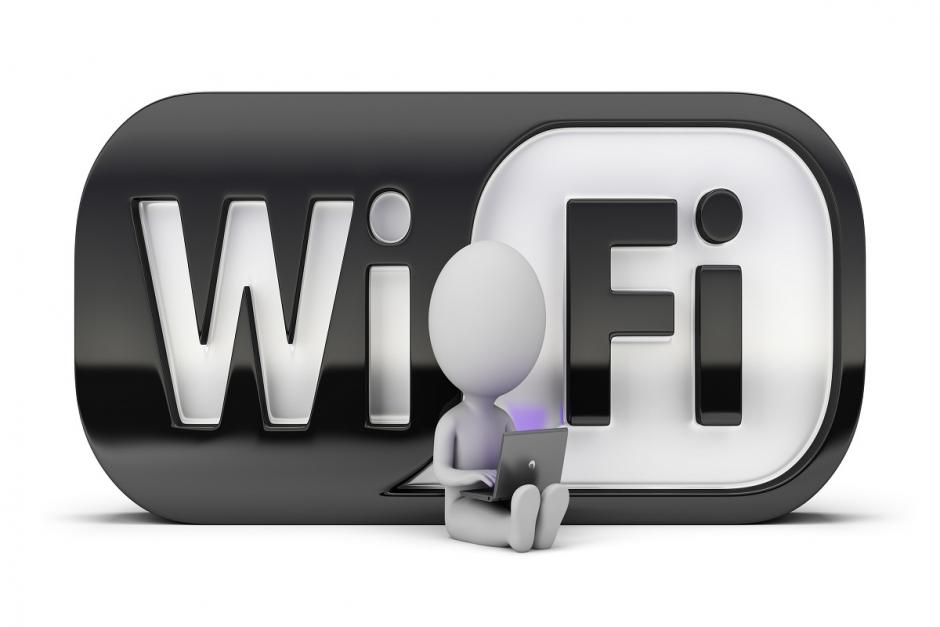What is the cost of free?
Benjamin Franklin wrote in 1783, “Sell not virtue to purchase wealth, nor Liberty to purchase power,” and while he was not speaking about the Internet (obviously since it was not invented until almost two-hundred years later by Al Gore?) or our give me society he was addressing a similar people. Today, we are blasted with free applications and services but are they really free and what are they truly costing us.
Since the beginning of time we have had scrupulous individuals with different types of scams and charades that they have tried to use to gain from unsuspecting people and in recent times this has become ever more apparent but for many unnoticed. There has been “free” applications on the Internet for a long time and while there are many good free applications (I think everyone knows of a few) that may have additional features for a fee or they offer a non-commercial version for free but all companies need to make money and to think that they do not is just naïve.
So let us take a look at some of these free services that we use every day and think how these companies are making their money. What about the free anti-virus programs? Some are free for consumers for a reason, they are bad but others are free so that the company can gain data about viruses such as their proliferation around the world and use that for their commercial products that are sold for servers. What about the DVD ripping program? Well that could be a virus or it could be something that is giving data about the person that is downloading it, however when it comes to single utility applications it can be difficult to determine what the true intention is for the person giving the program.
Beyond the applications how do companies make money from free services? Some of the free services such as DropBox give you a little in hopes that you will buy more space. Other free services are supporting their company through advertisements and this can start becoming a little bit more sinister. Facebook for example has a new “feature” that will allow you to tag music and television programming from within the Facebook application on Android and IOS. Who is to say whether or not Facebook will be scanning more than just during a tag and even if they do not associate it to an individual account they are using the data to send statistics back to Facebook (which can then be sold to marketing people for most tagged shows). Facebook also uses your demographic information for advertisement targeting therefore potentially exposing your sensitive data to marketing executives.
When discussing free services online there is one very large elephant in the room and that is the all-powerful Google. Google has access to not only your search queries (meaning that they do track what you search for if you are logged into the Google site) but they also potentially have access to much of your personal data as well, use Gmail? What about on the corporate site? Google may have you there too with Google Analytics. By using Google Analytics a company can track how many hits are coming to a page but through their clever code that the company has willingly placed on their page, Google is able to gain a lot of data that can then be used for more trending analysis. Since there are only a few lines of code you are adding to the page with Google Analytics some may not realize that Google is adding a lot more and with that you have given them control to do whatever they want.
In this world of free we don’t always know the costs or the extent of the data that is being used on us. Just as a conclusion to this, Google Analytics has enough data on from the person that is browsing to a site with it on there to determine your location (down to the city), internet service provider, age, gender, and any search terms you used to get to the site. Who knows what else they have but are not providing it in the report for Google Analytics.
I do not wish anyone to be scared off the grid but if you are… Google will notice

 The Internet was once something that was only available on a phone line but has now become available seemingly everywhere. The ubiquitous nature of the Internet has tailored our approach to connectivity and what it means to be prepared for doldrums in our lives. So the question becomes should we expect Internet to be available wherever we go or should we be prepared by carrying a mobile hotspot?
The Internet was once something that was only available on a phone line but has now become available seemingly everywhere. The ubiquitous nature of the Internet has tailored our approach to connectivity and what it means to be prepared for doldrums in our lives. So the question becomes should we expect Internet to be available wherever we go or should we be prepared by carrying a mobile hotspot?